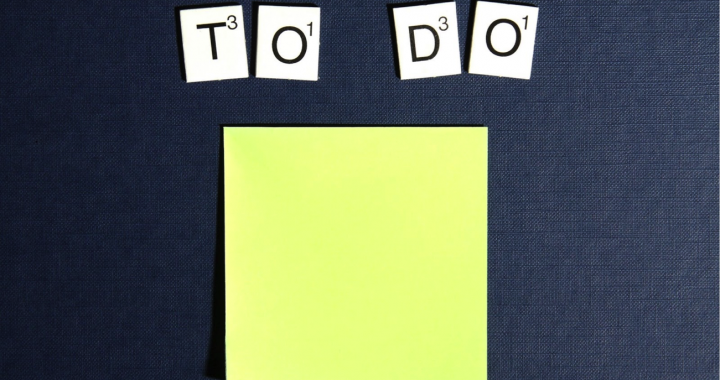No matter where you are in your academic journey, getting things done can be difficult. Life gets in the way, your motivation drains, and suddenly you find it difficult to meet impending deadlines or finish important projects. This is especially true when it comes to writing—no matter whether you’re working on a grant proposal or a PhD thesis, writing and procrastination go hand in hand. We hope these tips will help you find your motivation and start checking things off your to-do list.
1. Get Your Priorities Straight
No matter how much you plan, throughout the day new things pop up and start to overload your schedule. Whether it’s a software issue that needs to be fixed, an errand that needs to be run, or a lengthy email that needs to be answered, these small tasks can add up and can even contribute to procrastination. To counter this, it’s important to set firm boundaries. What absolutely needs to be done today, and what can wait? On the other hand, maybe you have a few tasks on your list that will only take a couple of minutes to complete, in which case it can be helpful to follow the mantra “If it takes two minutes, do it now”—in other words, go ahead and get these done immediately so you can tick them off.
2. Break Tasks Down
Writing “finish thesis” on your to-do list may not be the best way to complete such a mammoth undertaking. Instead, think about the different sub-tasks that make up this overarching goal, and create lists from there; for example, your sub-tasks may include “create research questionnaire,” “gather prior works for literature review,” “ask supervisor about revised title,” or “finish writing introduction.” From there, think about what you can realistically get done today. It may be that asking your supervisor about your title will only take a few minutes and can be done right away, then you’ll definitely have time to create your questionnaire, and tomorrow you will finish writing your introduction. Breaking the overall task down into bite-sized chunks in this way not only makes the entire thing less daunting, but also gives you much more regular “wins” in the form of completed tasks, which will help keep you motivated.
3. Know that Delegation is Your Friend
If you come across a task that you don’t have time to do or don’t want to do, another option may be to delegate it to someone else. Delegating can be hard because it involves asking others for help, letting go of control over the task at hand, and possibly spending money. But this strategy is a great way to get a load off your plate and allow you to focus on your project or paper, which can be well worth the resources invested in getting the help you need. Delegating tasks can be as simple as asking a partner to pick up some household chores, or paying someone to run an errand, but with specific regard to academic work a company such as Stickler can help with aspects such as putting your reference list in the correct style, adding an automated table of contents, or ensuring every formatting and style requirement stipulated by your university is followed.
4. Give Yourself Deadlines
Deadlines are one of the most powerful tools for motivating yourself and breaking the cycle of procrastination. Even if a project you’re working on doesn’t have a set due date per se, creating one can provide just the right amount of pressure to help you focus and get things done. That said, self-determined due dates can be tricky if there is nothing holding you to them. Consider getting an “accountability buddy” in the form of friend or colleague, with whom you have regular check-ins in which you each share your work and report on whether you’ve accomplished your respective goals. Even something as simple as knowing you’ll have to report any failures to your accountability buddy can work wonders for your productivity.
5. Don’t Let Planning Take Over!
It is possible to spend so much time trying to prioritize tasks and create lists that you end up being counterproductive and still not focusing on the task you should be working on. So remember not to focus too much on the planning and prioritizing; the key to productivity is finding the right balance of motivation and focus that works for you and your schedule.

